Grant investigators: Chris Somerville and Heather Youngs
This page was reviewed but not written by the grant investigator. UCLA staff also reviewed this page prior to publication.
The Open Philanthropy Project recommended a gift of $2,368,300 over three years to UCLA Professor Steve Horvath and collaborators to pursue a series of experiments directed toward understanding why an algorithm based on the presence or absence of epigenetic modifications at several hundred sites in the human genome, which they call the “epigenetic clock,” is able to predict age with very high accuracy. Dr. Horvath and his collaborators plan to systematically alter the activity of genes that are thought to affect the clock in mice, to test whether they can slow or accelerate the clock and, if they can, what effects perturbation of the clock may have on the aging processes in the mice. They will also investigate why some human syndromes are associated with accelerated aging, and will study how the clock works in various types of cultured human cells. The research will seek to understand how the clock measures age and whether changes to the associated processes can have useful impact on aging in humans.
This falls within our work on scientific research, specifically within our interest in advancing transformative basic science.
